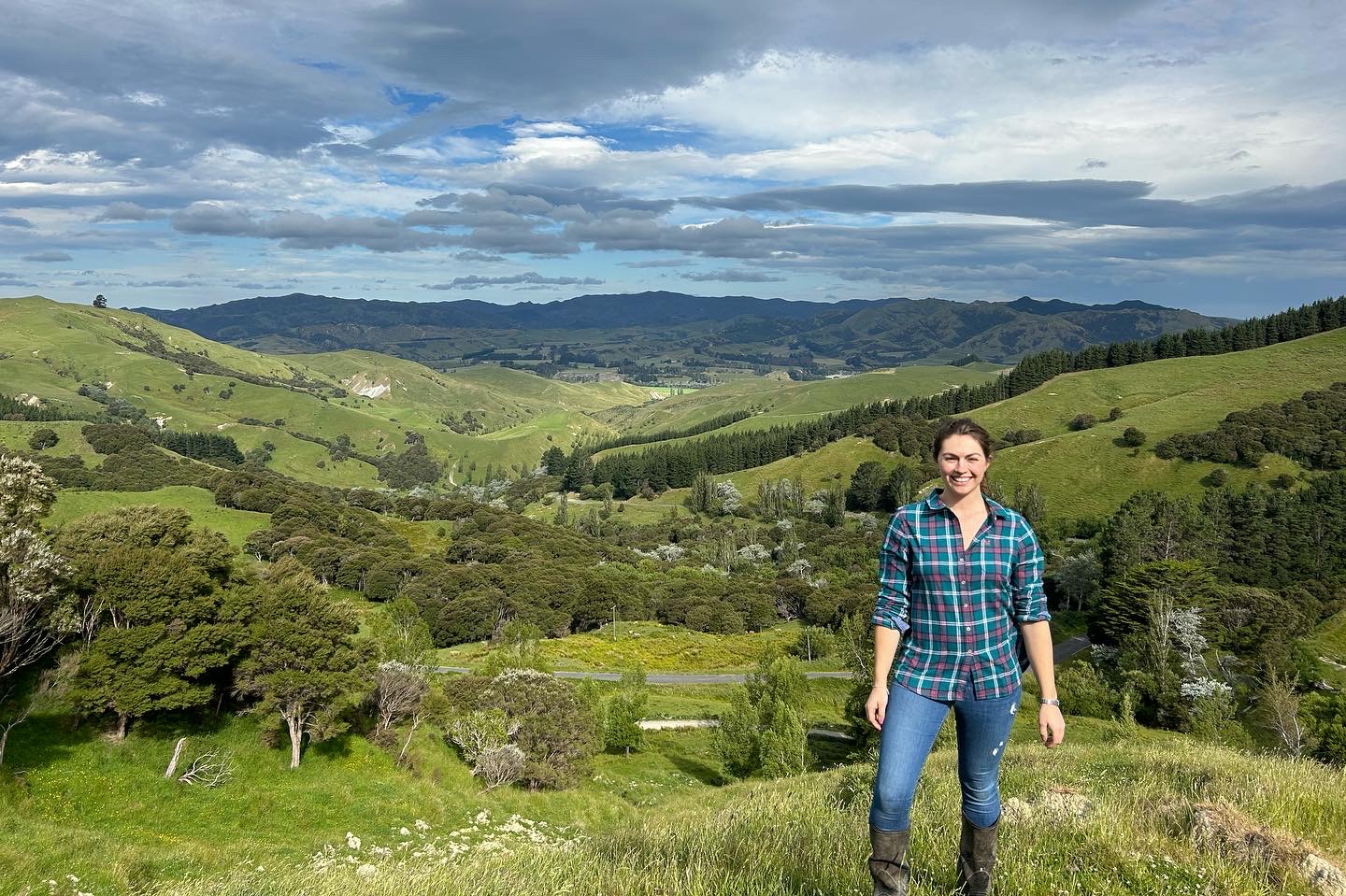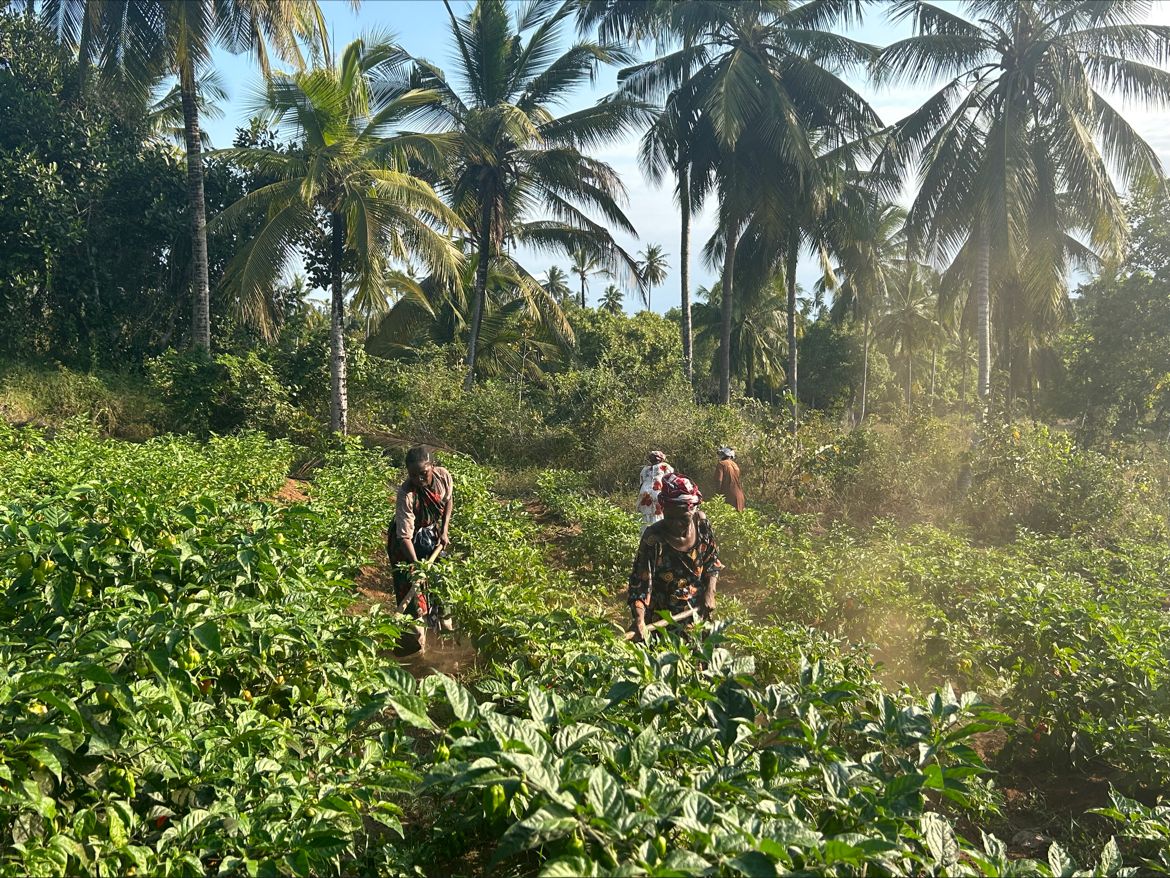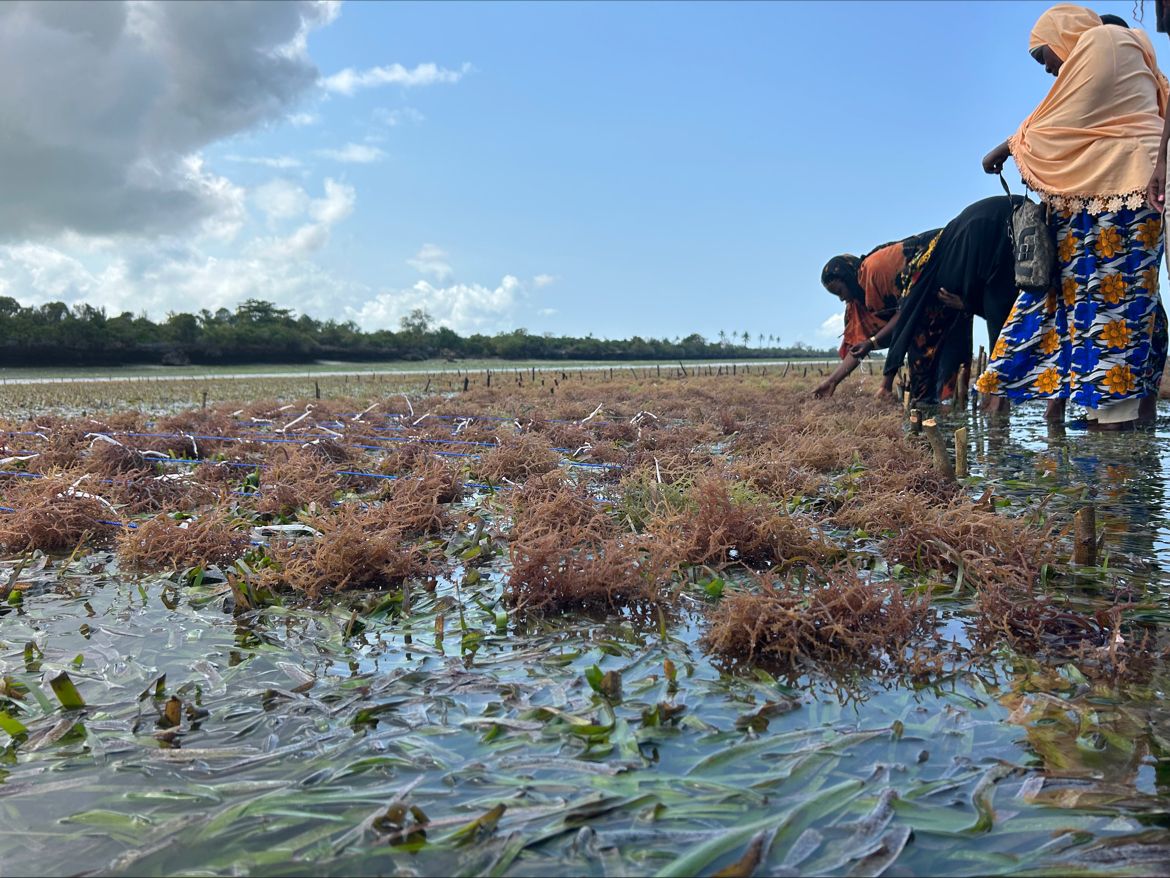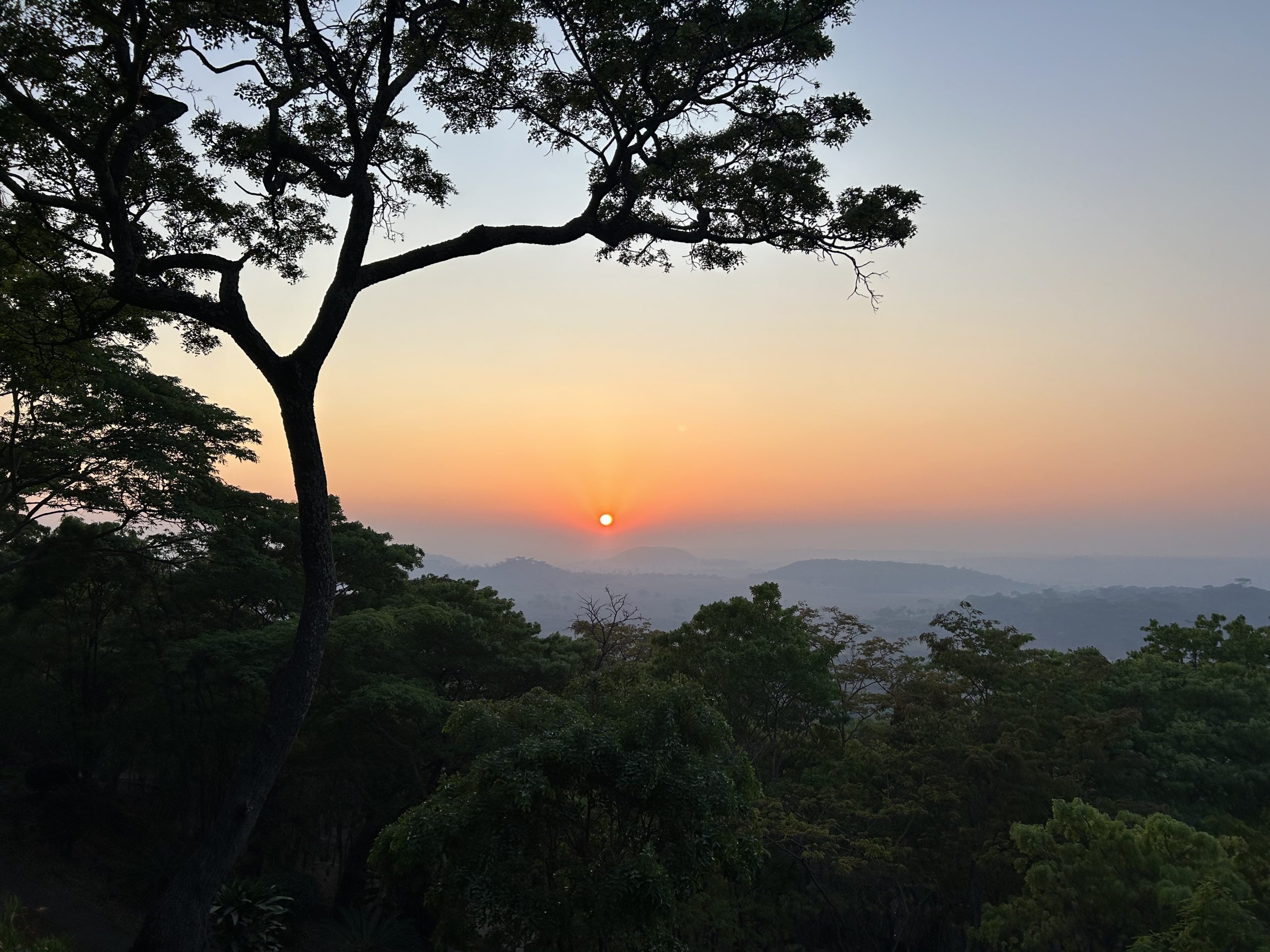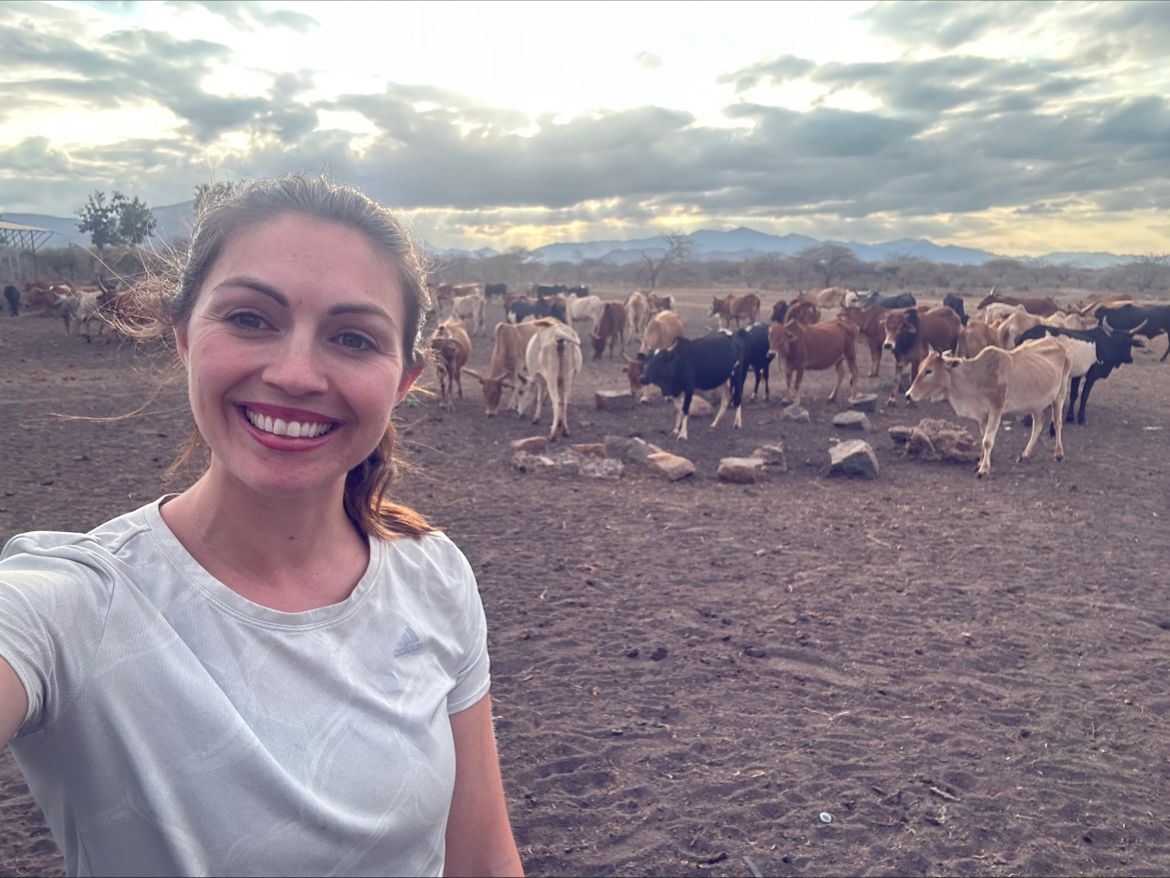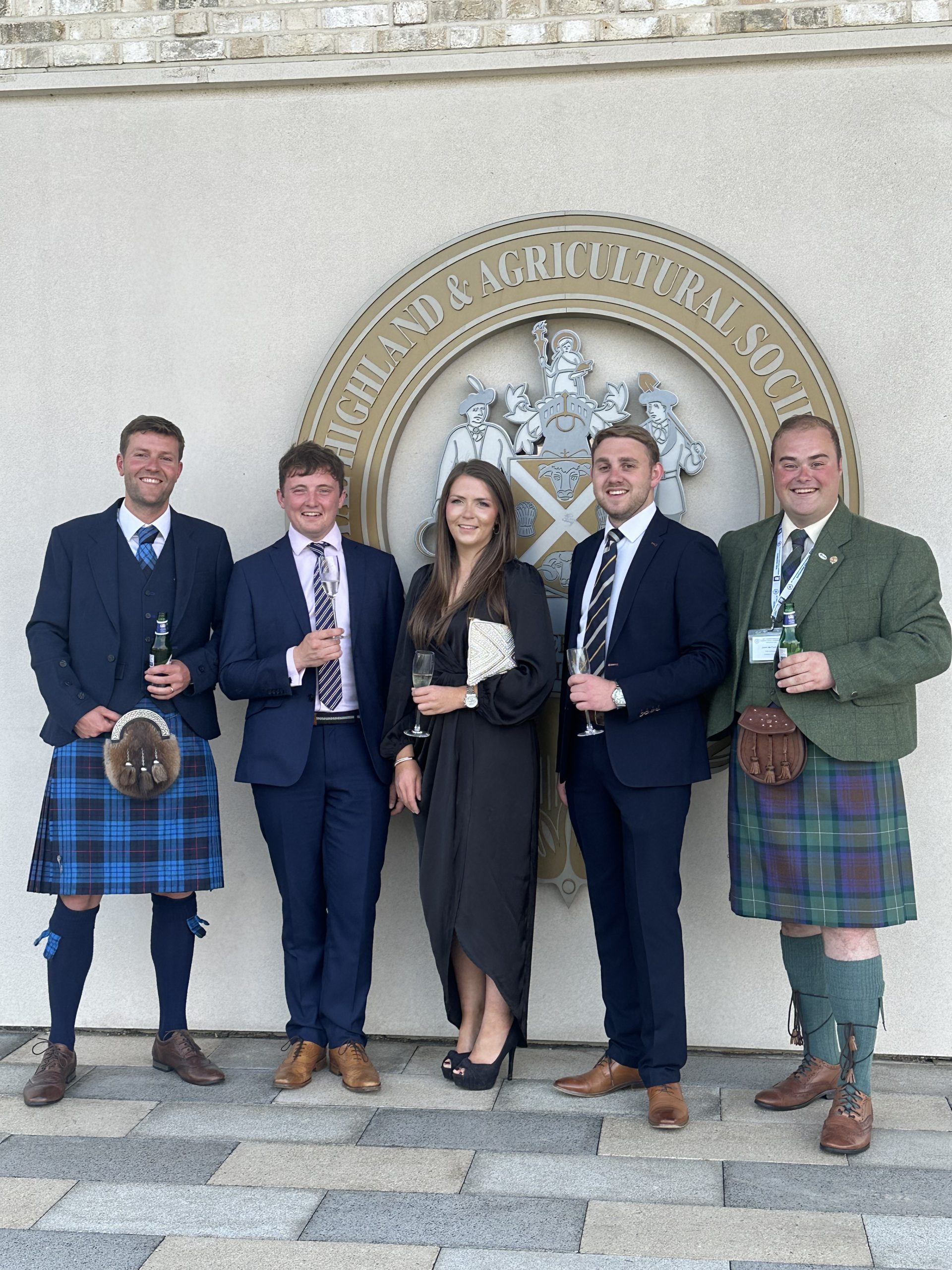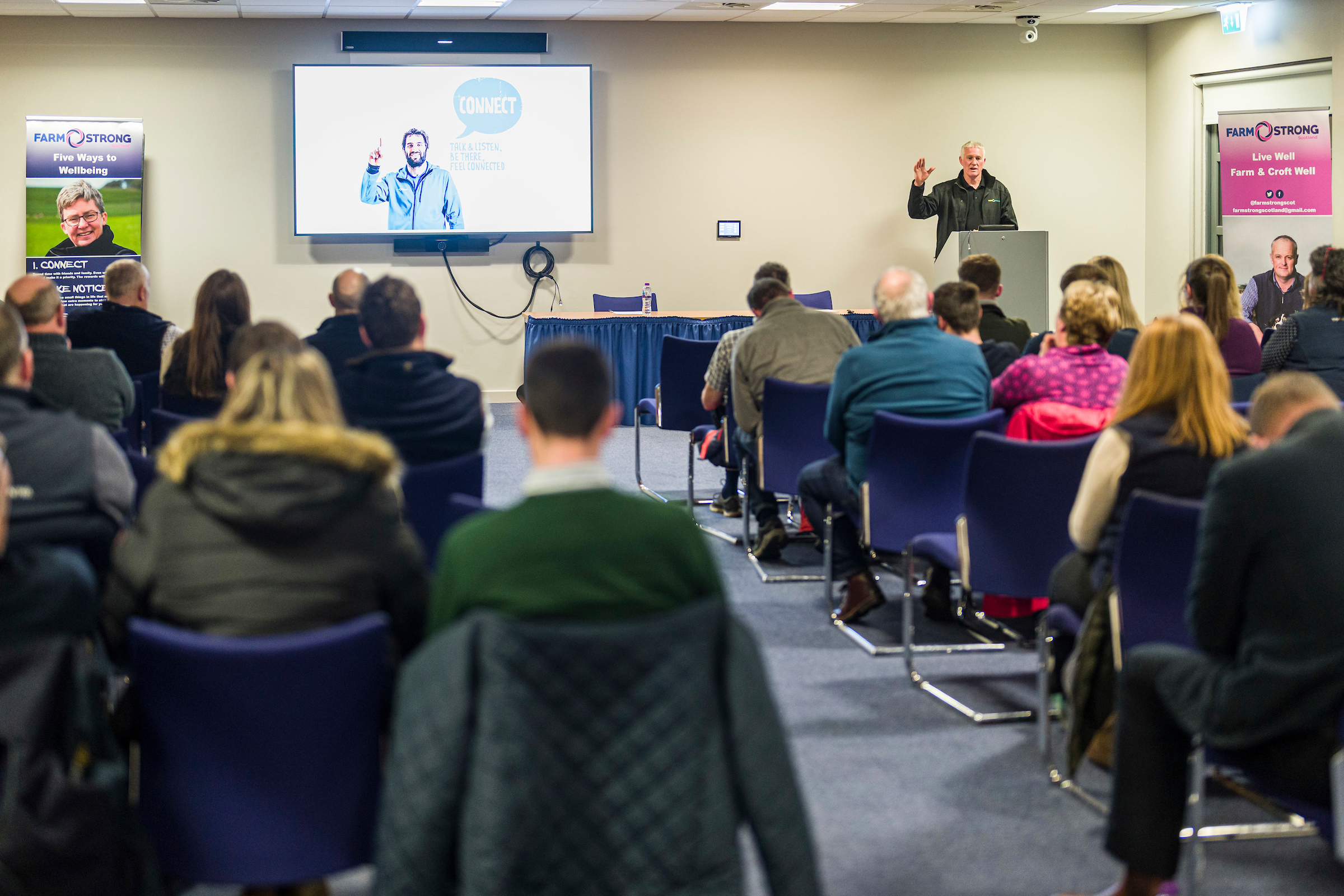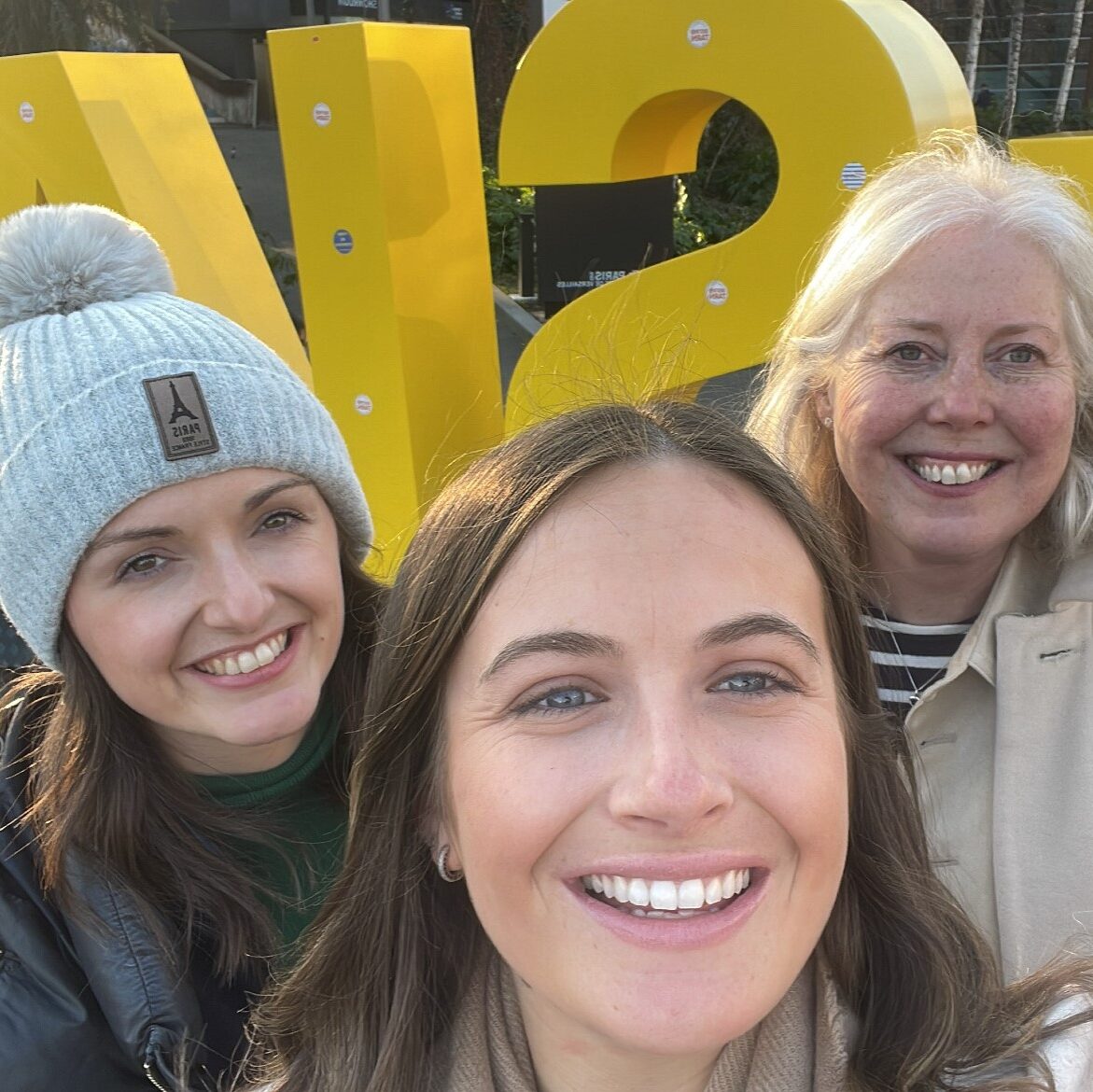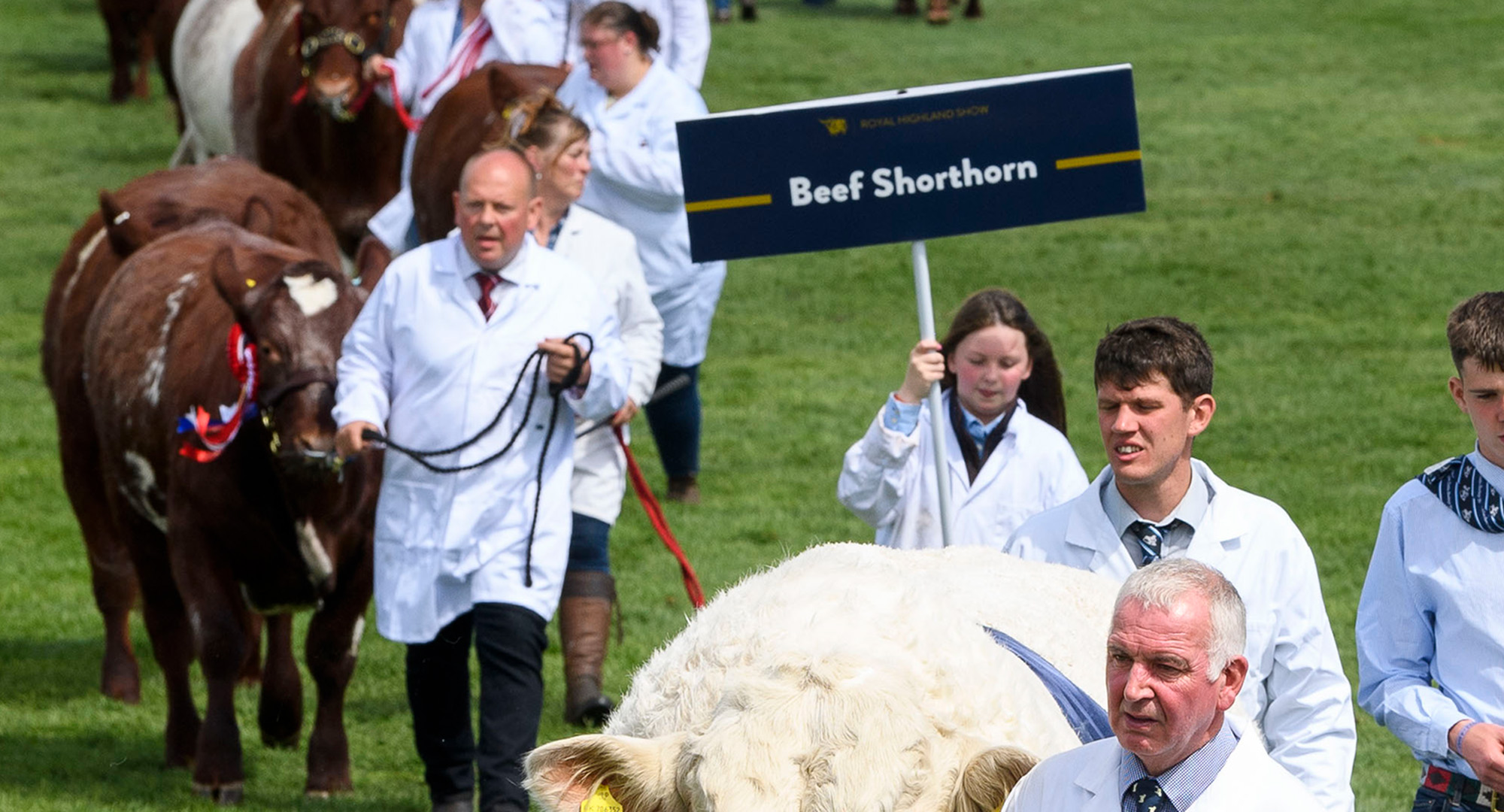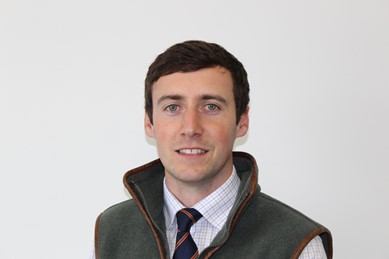I was extremely fortunate to be awarded a Nuffield Farming Scholarship for the year 2023, exploring my chosen topic, ‘Turning the tide on the anti-farming agenda.’
With the generous support of RHASS, I embarked on eight-months of global travels, covering 14 countries, including: – Canada, New Zealand, Japan, Indonesia, Australia, England, Scotland, Tanzania, Kenya, Zimbabwe, Italy, Argentina, Brazil and the Netherlands.
My objective has been to investigate whether anti-farming sentiment is gaining momentum around the world, and if so, to come up with a plan to turn this around.
Throughout my career as a farming journalist, I was regularly told by those working in agriculture, that the media are against farmers, the public are disconnected, and the government isn’t interested.
So, I set off on my travels to understand if there is, in fact, an anti-farming agenda, or whether we are mistaking curiosity and scrutiny, for vilification, and a growing disconnect, for a rural-urban divide?
My initial hope with my research outcomes was to identify ways to help farmers better articulate their story, regain a more positive narrative, and build more meaningful relationships between various stakeholders. This has, in part, been a chapter of my journey, but as I delved into farming sentiment globally, I quickly discovered that one of the key problems facing agriculture is the growing anti-farming feeling which exists within farming itself.
My travels have revealed that there is a systemic problem within agriculture, that needs to be addressed, not least, the internal mudslinging, doorstep thinking, tall poppy syndrome and shaming culture, which is fueling disconnect, deepening polarization and limiting engagement opportunities with policymakers.
My research will firstly recommend ways to bridge the divide happening within the agricultural industry, before moving on to how we can look to foster stronger relationships with those out with agriculture.
Despite my research taking me down a different path than the one I imagined, I feel hopeful that my findings will promote more collaborative and positive ways of working together as an industry, to ensure our messages land better with the public, media, and governments.
I cannot thank RHASS enough for supporting this incredible journey and I look forward to sharing my findings later in the year.
 Login
Login Login
Login